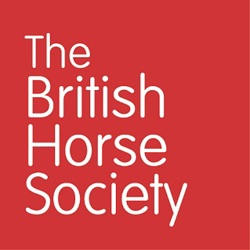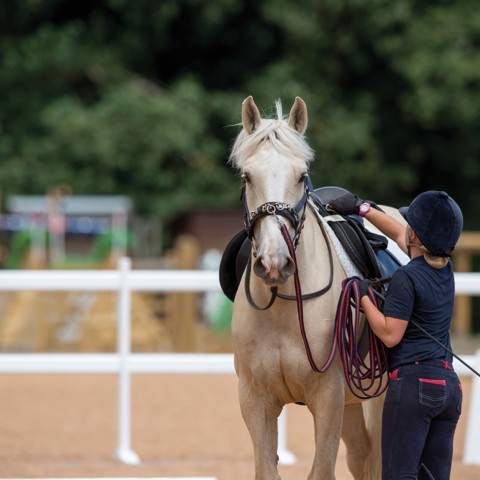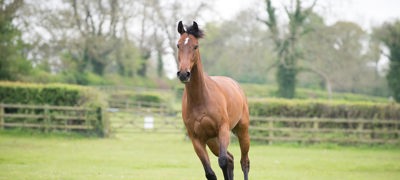Looking for a new horse?
Make sure you carefully consider what sort of horse will be the perfect match for your needs, experience, lifestyle, and budget.
Our checklist below can help you find how to assess your partnership and make sure it stays on track.
1. Riding/Handling Ability
chevron-down
chevron-up
Your experience is a huge factor in what sort of horse or pony you should buy.
As a rule of thumb, native breeds and cobs will be more laid back and forgiving of rookie mistakes. Whereas thoroughbreds, Arabs, warmbloods and the like tend to require more experienced, assured riders and handlers.
Find out how to know if your horse is right for your current level of experience.
2. Time Constraints
chevron-down
chevron-up
Be realistic about how often you will be riding your new horse.
Generally, the sportier the horse the more exercise it will require. If you can only ride at weekends, then it’s wise to choose a more chill horse who will still be sensible on a Saturday after a week off.
You might also consider getting a sharer who could ride on some of the days you can’t.
Another option is to pay a BHS Accredited Professional Coach to school your horse for you, particularly if your horse needs the exercise for weight management.
3. Facilities and Budget
chevron-down
chevron-up
Will you be keeping your horse at a livery yard with lots of facilities, or renting a field?
Funding any horse’s upkeep is not cheap. Natives and cobs are generally lower maintenance, requiring less (if any) hard feed and supplements, fewer rugs and maybe going unshod.
Living out year-round also brings savings in terms of bedding costs and lower livery fees.
Many thoroughbreds do live out happily with adequate shelter and rugs, but this lifestyle is often more suited to natives and cobs.
4. Activities
chevron-down
chevron-up
If you are happy simply hacking out, then you could choose almost any horse, although be careful not to over-horse yourself with something highly-strung that could be spooky or get bored.
If you envisage hours of grooming and cuddles at the weekends, you need to make sure your horse is rock steady on the ground with great manners.
Most cobs and natives do very well at grassroots riding club activities too. However, if you want to aim for the higher levels, you will need to choose a sports horse with more ability – although there are of course examples of cobs competing at Grand Prix dressage, and the occasional international event horse of unorthodox breeding!
Check-in regularly
Are you still the perfect stable mates?
It is not uncommon to find that riders and their horses have grown apart over the years, and it’s important to check-in regularly to make sure you and your horse are still compatible.
Many riders find that their circumstances change over time, and they are no longer able to ride as much as they used to. To ensure your horse gets enough work you could decide to get a sharer or pay a coach to exercise your horse.
Alternatively, your riding ability and experience might have grown, and you now have ambitions to go eventing, but your horse isn’t suited to a competition career and would much sooner enjoy a quieter time hacking.
What to do if you and your horse are no longer compatible?
Deciding what to do can be hard and it can be expensive to buy a new horse whilst keeping a second horse. It is important you make the right decision for both yourself and your horse.
Selling your horse and buying something more suitable is an option. If you do not want to sell your horse, then perhaps you could find him a loaner instead, so you maintain control as he reaches his twilight years.
If you are hoping to start competing and need a horse suited to a competition career, then sharing a horse can help you ride a horse suited to your needs.
Or perhaps you accept that your ambitions to compete need to wait and just enjoy him for as long as possible.







